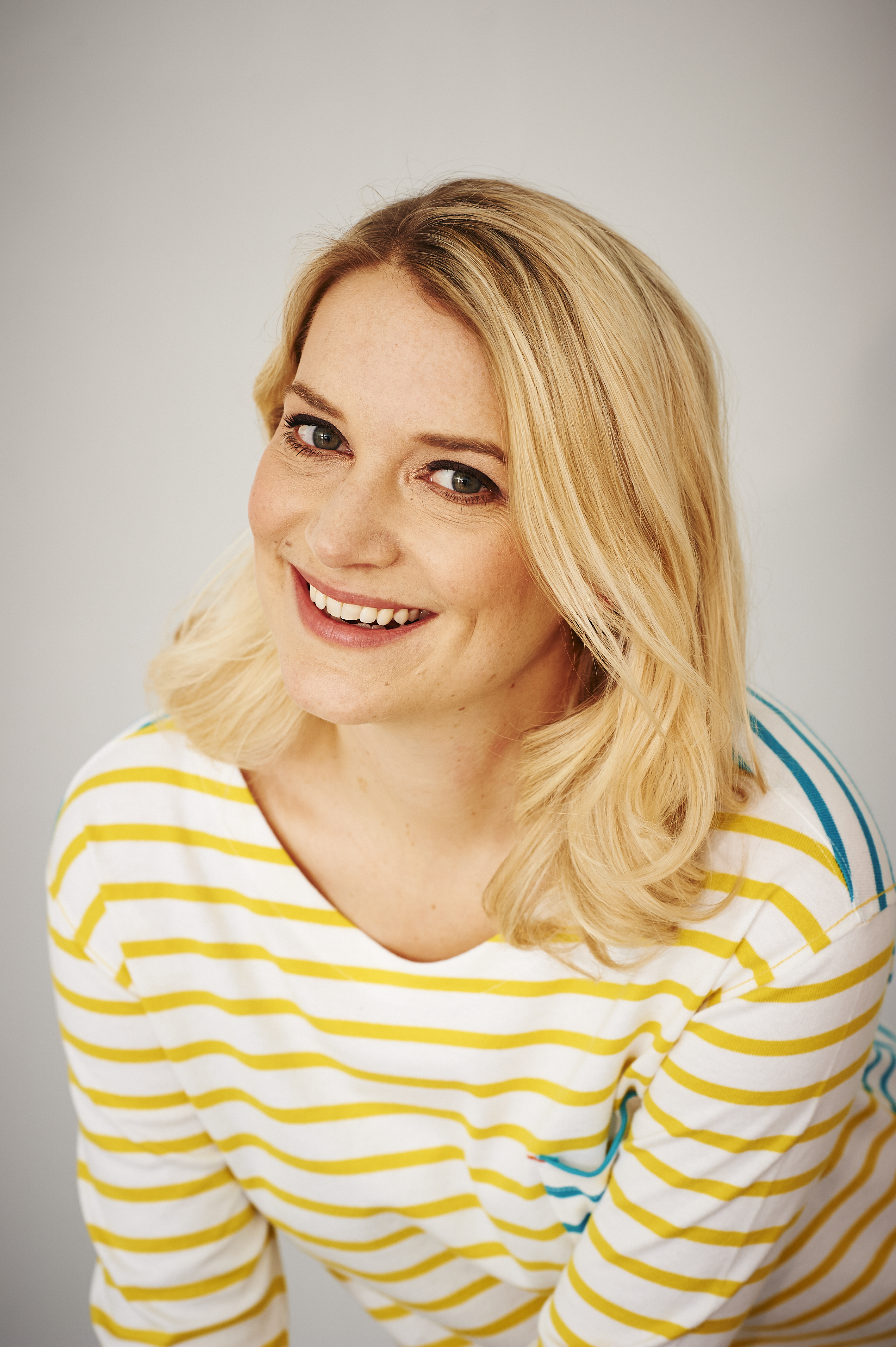6 tricks to help you fall asleep in 3 minutes - and what to avoid doing
Forget about counting sheep if you want to fall asleep in 3 minutes! Here’s how you can catch those all-important Zs with all-natural solutions
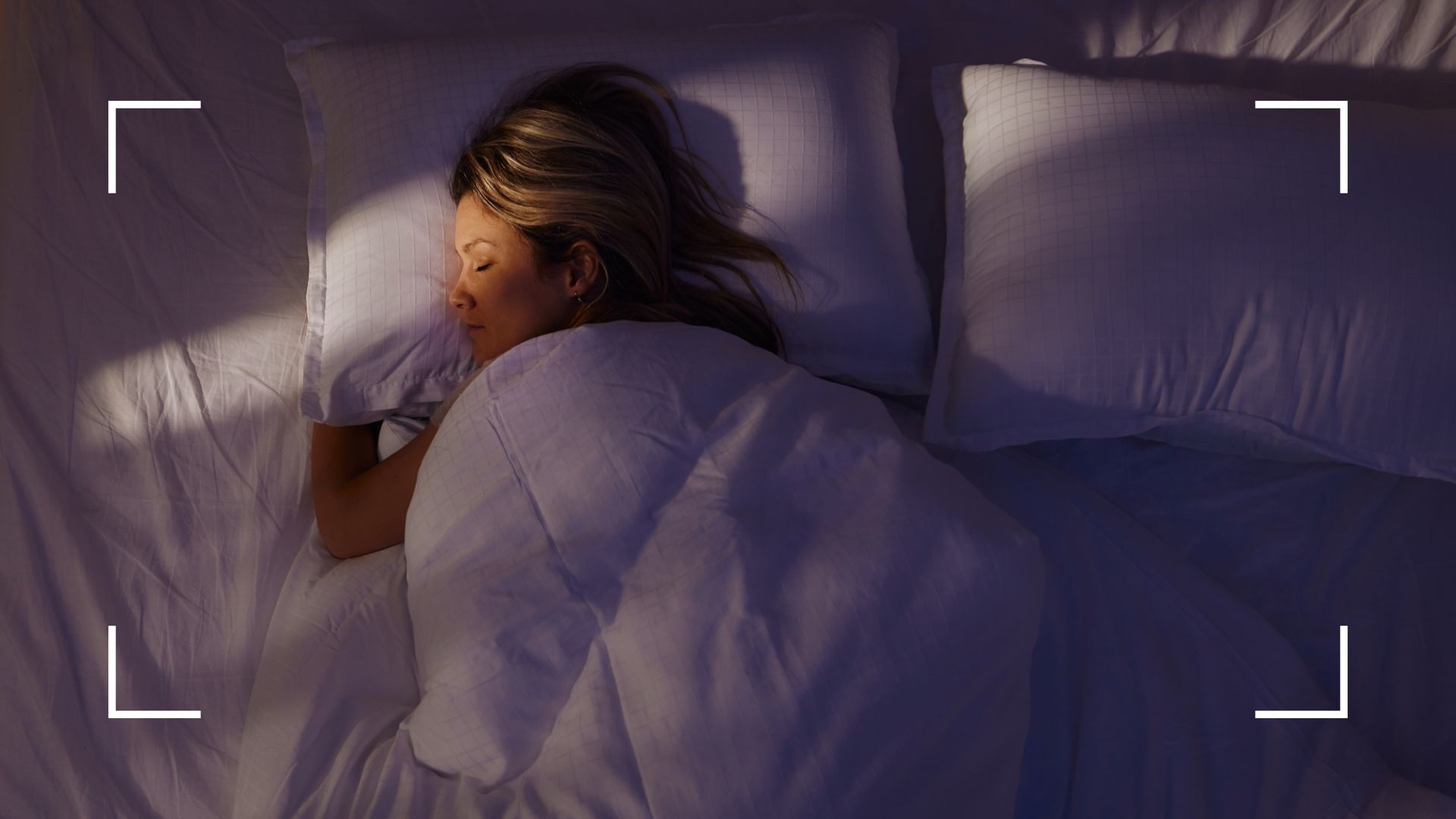

Grace Walsh
Wondering how to fall asleep in three minutes or less? It might sound like the stuff of dreams if you're used to tossing and turning in the middle of the night, but it's entirely possible.
It turns out, we could all benefit from learning how to fall asleep fast. 67% of adults say they wake up at least once in the night, per a report by Philips Healthcare, and most of us wake up for at least a few seconds several times a night without even realising it. "It's the body's natural way of checking if the sleeping environment is still safe," says Dr Neil Stanley, a certified sleep specialist.
While a lack of shut-eye can weaken the immune system and lead to other health problems, such as high blood pressure, poor memory, and long-term health conditions, the good news is - unless you have a medical condition like insomnia - it is possible to learn how to sleep better tonight with just a couple of simple, natural, and expert-approved techniques.
How to fall asleep in 3 minutes
1. The blinking trick
The following technique will tire out your eyelids, according to the hypnotherapist Ailsa Frank. "Lie comfortably in the dark with your eyes open. Begin counting backwards from 300 in your mind, slowly counting the numbers, until you feel you can’t keep your eyes open any longer. Then blink rapidly, as fast as you can for 30 seconds. When you can’t blink your eyes any more, close them, let go and drift off."
2. The soothing soundscape
Instead of listening to relaxing music like pink noise and brown noise, try ASMR sounds instead. "ASMR stands for an autonomous sensory meridian response, which is a tingling sensation that originates from the back of the head and down the spine," explains life coach Kevin Scheepers. "It increases comfort and can help to induce deep sleep."
Try downloading one of the best sleep apps, such as ASMR Brain Tingles (free, Apple), or listening to videos on YouTube.
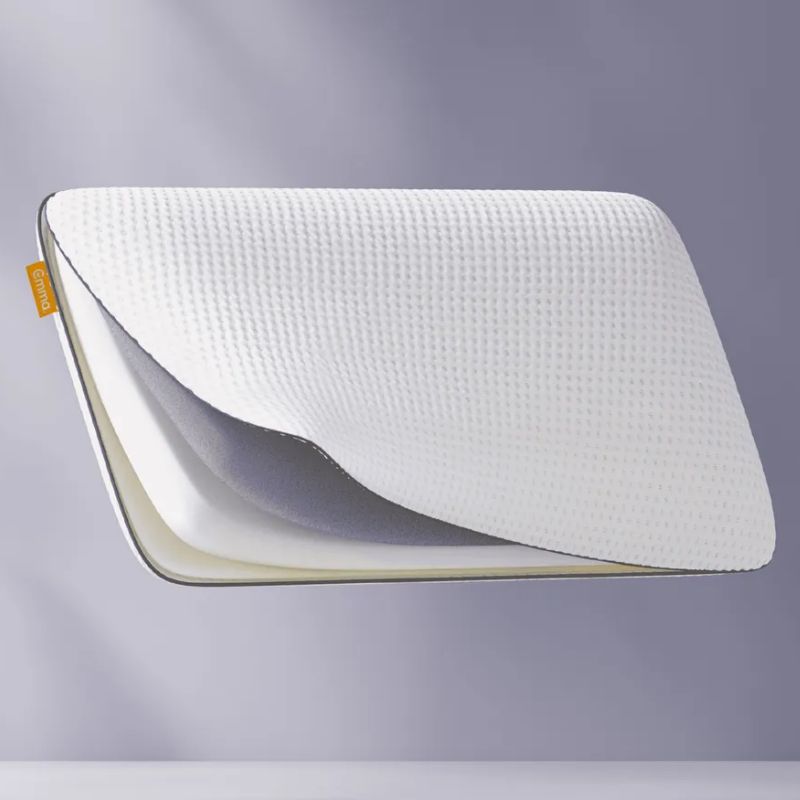
If you're struggling to sleep, it could be time to change your pillow. The Emma Memory Foam Pillow is comfortable and one of the best pillows we've tried and tested for breathability and comfort. It's adjustable so you can add and remove layers to change your sleep position and be supported no matter how you sleep.
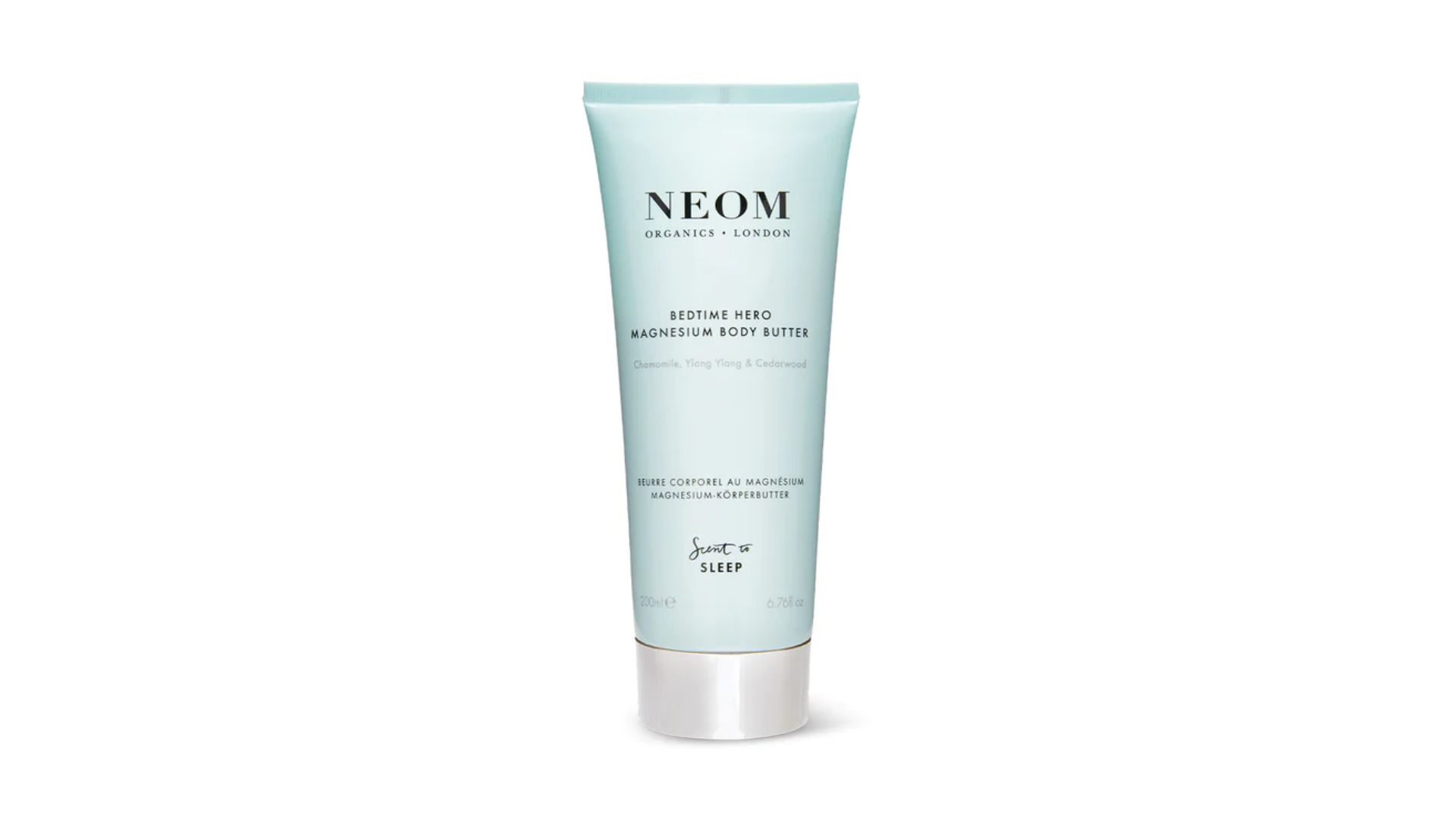
Neom's Magnesium Body Butter is infused with magnesium at 88mg per 5ml of moisturiser and scented with the calming fragrance of chamomile, ylang-ylang, and cedarwood. It may not help you immediately fall asleep in three minutes but magnesium is one of the best minerals for improving our sleep. Studies show it helps activate the parasympathetic nervous system, which is responsible for our 'rest and digest' function - the opposite of 'fight or flight'.
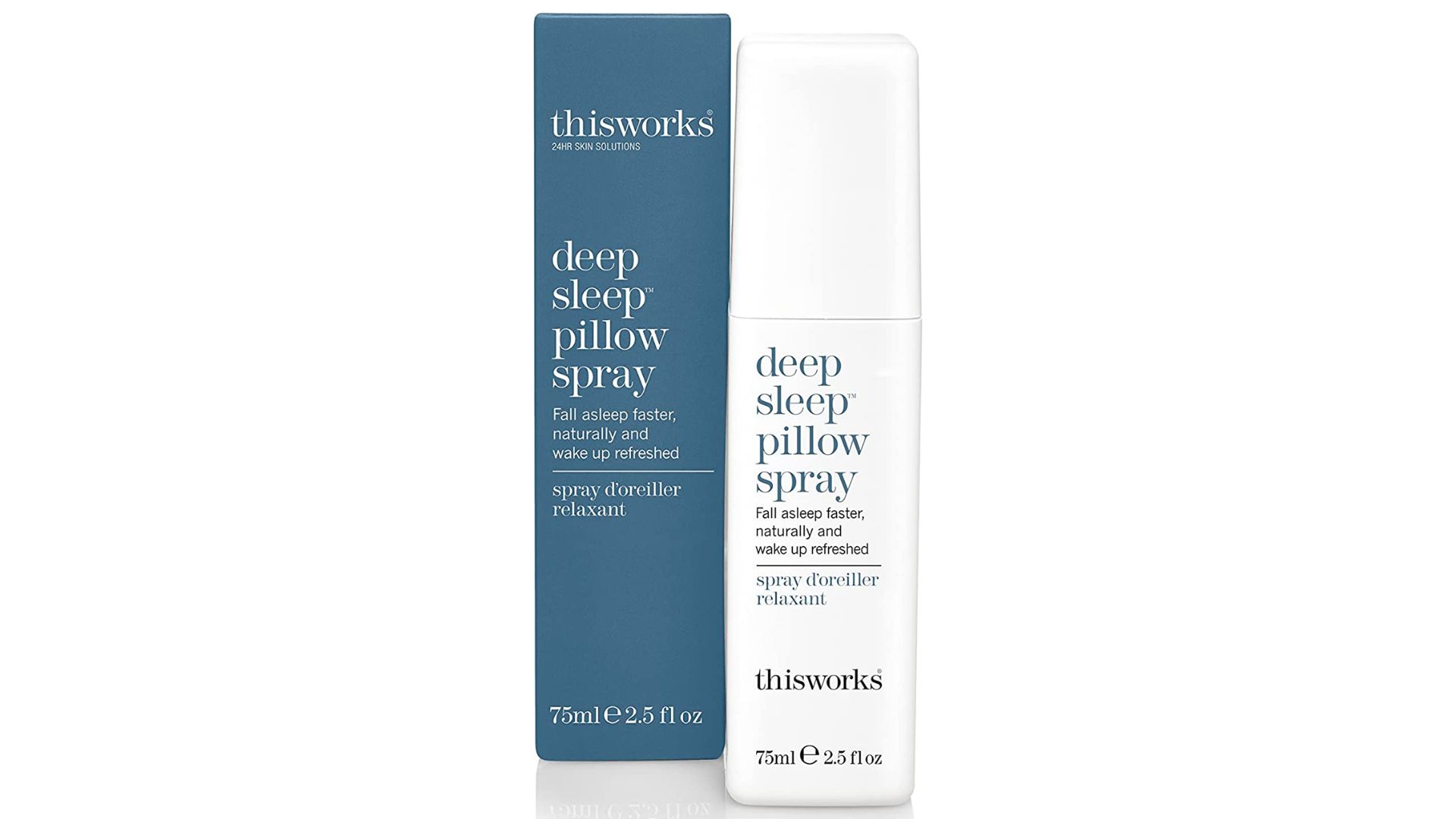
This Works Deep Sleep Pillow Spray is an award-winning product in the aromatherapy space and one of the best sleep aids. Made from a blend of lavender, camomile, and vetiver, it encourages sleep by helping to soothe the mind. What's more, 89% of This Works' panel of testers say they fall asleep faster than usual when using this spray and after testing this product ourselves at woman&home, we would agree.
3. The qigong move
Qigong is an alternative form of medicine used to heal a person’s energy field. Want to give it a try to fall asleep in 3 minutes? "Stand upright with feet shoulder-width apart and knees bent slightly," says Scheepers. "Raise your arms parallel to the ground with palms facing down. Allow all parts of the body to relax while continuing to breathe with eyes closed and face relaxed." This will help quieten the mind and settle your emotions.
Sign up to our free daily email for the latest royal and entertainment news, interesting opinion, expert advice on styling and beauty trends, and no-nonsense guides to the health and wellness questions you want answered.
4. The calming brain scan
If you struggle to get back to sleep when you wake up in the middle of the night, try following this technique by Neil Shah from The Stress Management Society:
- Scan your body from head to toe, making a mental note of any tension.
- As you take a deep breath in, raise the shoulders towards the ears and hold them for a few seconds. Then take a long, slow breath out and drop the shoulders down. Repeat several times.
- Place the fingers of both hands at the base of your skull. Apply slow, circular pressure from the base of the skull to the base of the neck.
- Close your eyes and relax all the muscles in the face. Place the fingers of both hands on each side of the temples and gently massage in a circular motion.
- Finish by cupping your hands over your eyes and holding them there for several seconds.
5. The breathing technique
If you're feeling worried about something, breathing exercises for stress relief may help. The 4-7-8 technique will help to slow the mind so you can drift off, says coach Stuart Sandeman, founder of Breathpod. "Inhale through the nose for a count of four. Hold breath for a count of seven. Exhale through pursed lips for a count of eight. Repeat four rounds."
6. Peaceful visualisation
Visualising a calm place focuses our mind on something relaxing can help you fall asleep in three minutes, says sleep expert James Wilson, aka The Sleep Geek. "This drops our heart rate and puts us in the right state for sleep."
Simply visualise the most calming place for you. Focus on ‘filling’ the space with details, such as the colour of the water or sky. Keep your focus until you drift off.
Why am I not able to sleep?
- Hot sweats: If you're experiencing hot sweats as one of the many symptoms of menopause, Dr Louise Newson suggests limiting alcohol, caffeine and spicy foods. Plus, "Hormone replacement therapy (HRT) can ease sweats within a few weeks." Chat to your doctor about whether it is suitable for you.
- Leg cramps: If you find that leg cramps prevent you from falling asleep at night, cutting down your fat intake may help. But if they’re so painful you’re unable to walk the next day, see your GP.
- Heart burn: Avoid eating just before bed to remedy this – especially large or greasy meals - and try propping yourself up with pillows, improving your sleep hygiene, and taking over-the-counter antacids to relieve symptoms.
- Thirst: Before you go to bed, check the colour of your urine at bedtime. It should be a pale yellow – anything darker means you haven’t had enough liquid. Avoid salty foods and switch the central heating off before bedtime as well
Faye M Smith is an award-winning journalist with over 20 years experience in the magazine industry. Her continued work in the area of natural health won her the coveted title of the Health Food Manufacturers’ Association (HFMA) Journalist of the Year Award 2021. Currently Group Health Director across several magazines including woman&home, Woman, and Woman’s Own, Faye specialises in writing about women’s health, especially menopause, relationships and mental health.
- Grace WalshHealth Channel Editor
